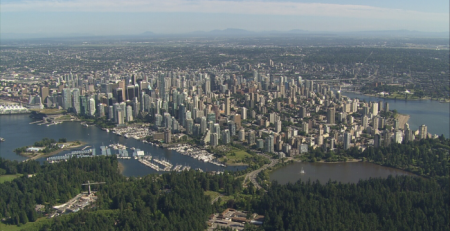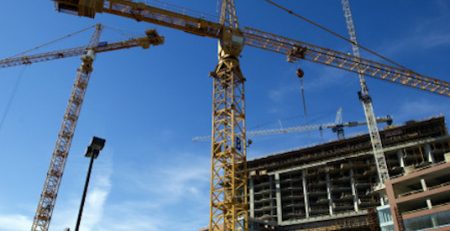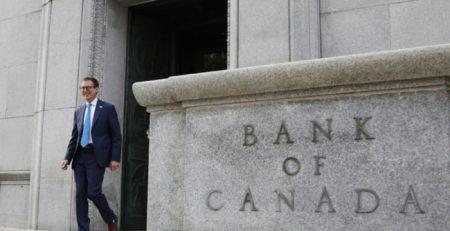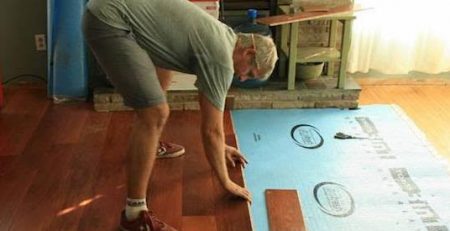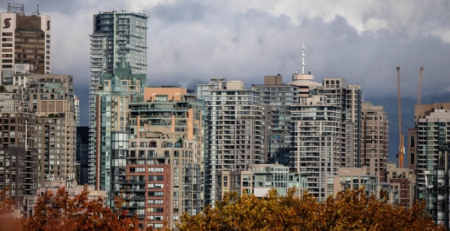OPINION: Homeowner Property Rights in Vancouver
[Source: Shpoa, Fall 2016]
Given the recent controversies arising over such issues as ‘affordable’ housing, heritage preservation, ‘green’ objectives and densification, many homeowners are affected by new laws and regulations that are, in some cases, devaluing their properties by limiting redevelopment options and disturbing the overall composition of the neighborhoods in which they live.
Questions are arising about the legality of measures being taken by various levels of government, to serve their political agendas, and to the degree to which property rights can be abrogated in governments’ efforts to appease various interest groups. The following is a brief explanation of the general status of property rights in Canada and how property rights are administered in BC as they relate to the City of Vancouver.
Unlike the United States and other western democracies, Canada’s Charter of Rights and Freedoms does not include property rights, only indigenous people enjoy such rights, as ruled by the Supreme Court. Property law statutes are created and administered by provincial legislatures and are subject to appeal under common law. In BC, the provincial legislature administers the laws that constitute the Vancouver Charter which, in turn, authorizes civic government to enact regulations that govern zoning, construction, building permits and a host of other by-laws affecting the use of private property.
Provincial governments can create laws governing property, but they must conform to other provisions of Canada’s Charter, thus outright confiscation of personal property without compensation is rare, given the checks and balances provided. The Province can, however, pass laws governing the use of property and specify that compensation is not required. Where such laws do not reference compensation, however, the courts generally will rule in favor of its provision. The courts cannot rule on the wisdom or intent of property law, only the legality.
The fact that there are no absolute guarantees of property rights is now being tested by the City of Vancouver. The issue of the CPR right-of-way is a case in point. The City was approached by CP to rezone their property for residential use. The City responded by saying that CP should simply give the right-of-way to the City, given it had been granted to CP by the Federal government for rail use and, now that it was no longer required, they should give it back. CP refused and the City then arbitrarily re-zoned the property as a transportation corridor. CP took the case to court where the judge decided that the City was within its right to re-zone. The City was, in effect, land banking at the expense of CP but doing so
legally. CP responded by indicating that it would re-activate the corridor for rail activity and forced the City to negotiate a purchase. There was widespread support for the City’s action but few realized that, if the City could arbitrarily rezone the CP land, the City could arbitrarily rezone any property.
This case has given civic politicians and bureaucrats the notion that re-zoning can be implemented regardless of the impact it has on the value of private property. In the past, re-zoning has been generally beneficial to property owners who have anticipated such changes, thus it has not been an issue. It is only recently that zoning changes have become liabilities to property owners. Indeed, zoning has been rapidly evolving into a commodity in much the same way as the media describe homes. Zoning is being, in effect, sold to developers for ‘Community Amenity’ kick-backs that are then being used for purposes other than that for which they were intended. For ex-ample, the City is using them in the Downtown Eastside for social housing, while the province is intent on using the funds for transit. The zoning is often harmful to the composition of communities and the real purpose of the fees, the funding of parks, day cares, etc. must be picked up by property owners in future additional taxes.
Another manifestation of property rights being abrogated by zoning is to be seen in the designation of First Shaughnessy as a ‘Heritage Conservation Area’ (HCA). Rather than deal with potential heritage properties on a case by case basis, which is included in the City’s charter, the City declared that the entire area would be designated HCA regardless of the fact that most of the homes there do not have heritage value. This was done because it appeared to preclude the necessity of compensating individual owners for loss of value attributable to the designation. The City, in effect, exploited a loophole in the Charter to deny such compensation and the residents have responded by mounting a common-law challenge in the courts. The Province, however, has refused to amend the Charter to prevent this exploitation of private property rights.
Another attack on private property rights involves the redevelopment of pre-1940’s homes in Vancouver. In an effort to appease preservationists as well as ‘affordability’ advocates, the City has put penalties in place to prevent the replacement of such homes with new construction, again without any consideration of loss of value to the property owner.
It is obvious that the Provincial government, whose statutes control the City of Vancouver Charter, is not defending private property rights adequately and that property owners will have to appeal to the courts to have their rights upheld. Private property rights are the heart of our democracy and the erosion that is happening is alarming.





